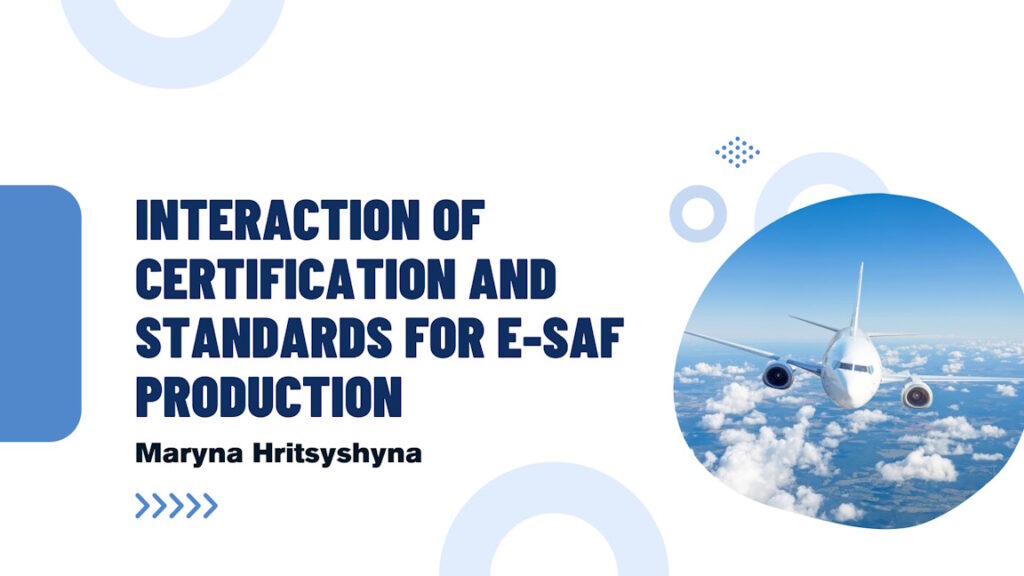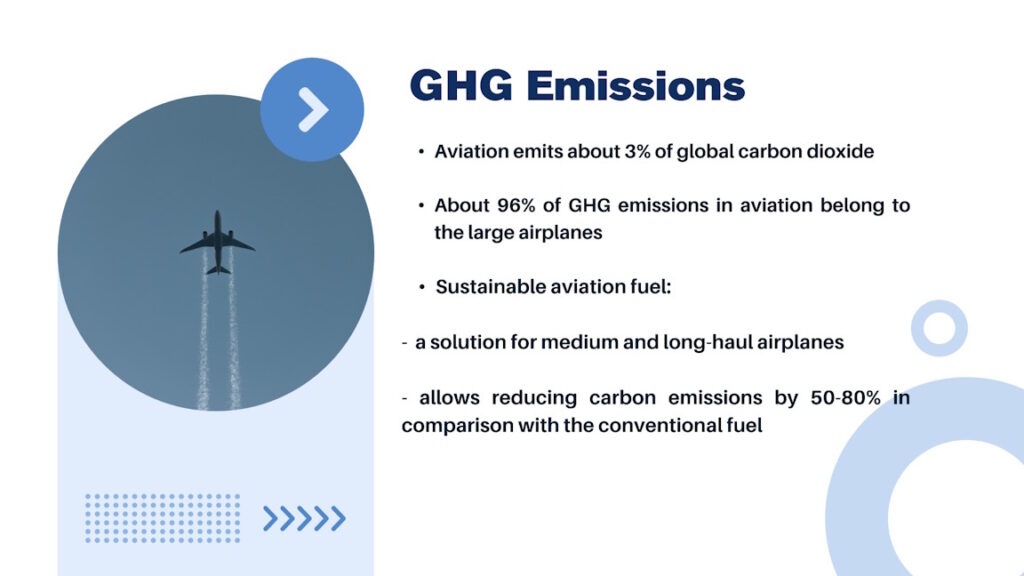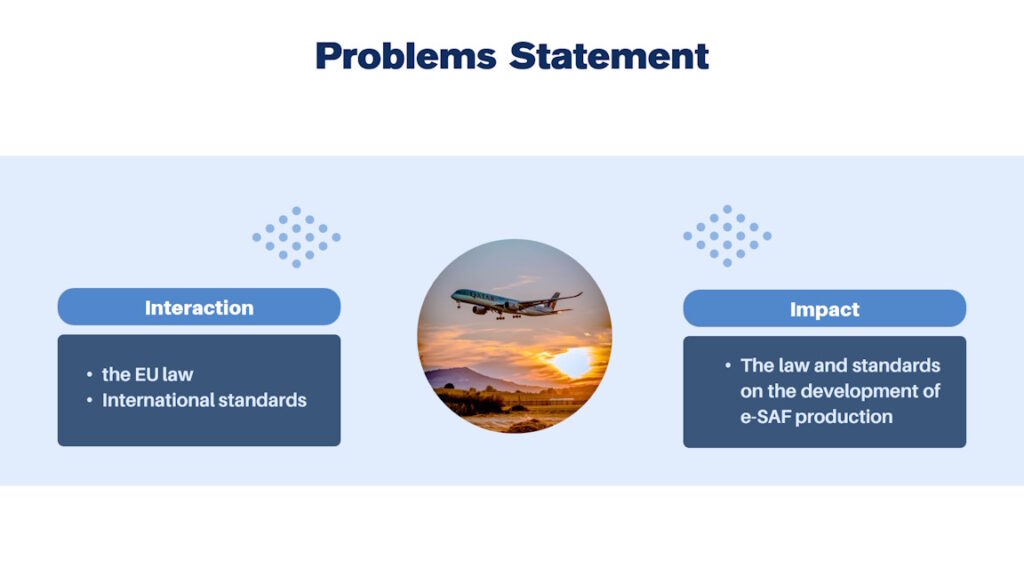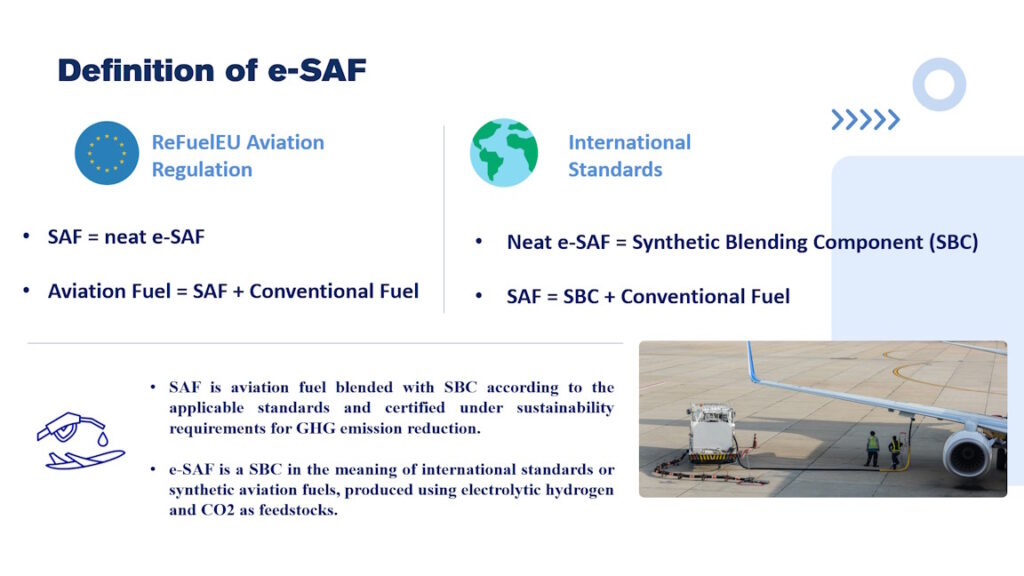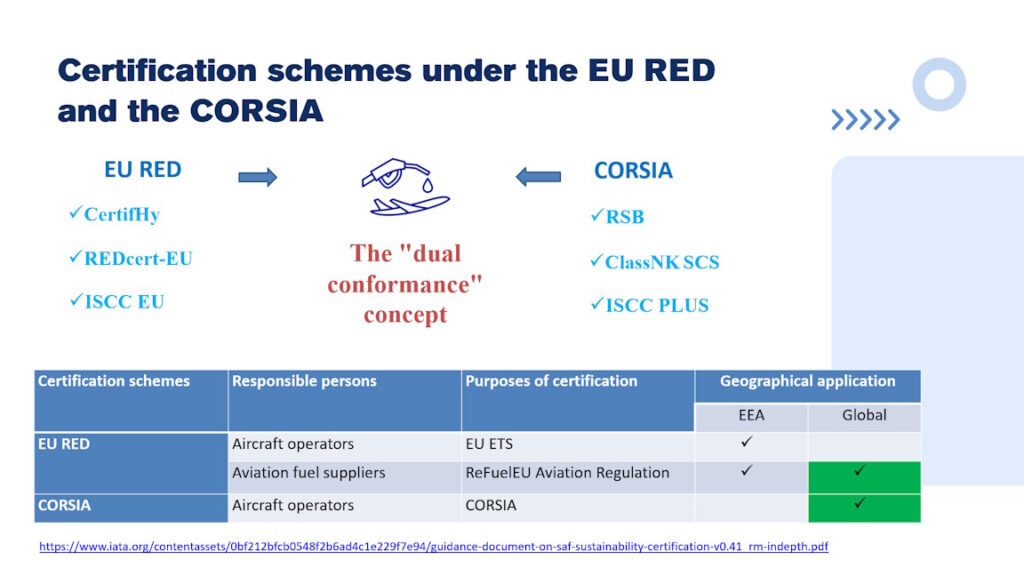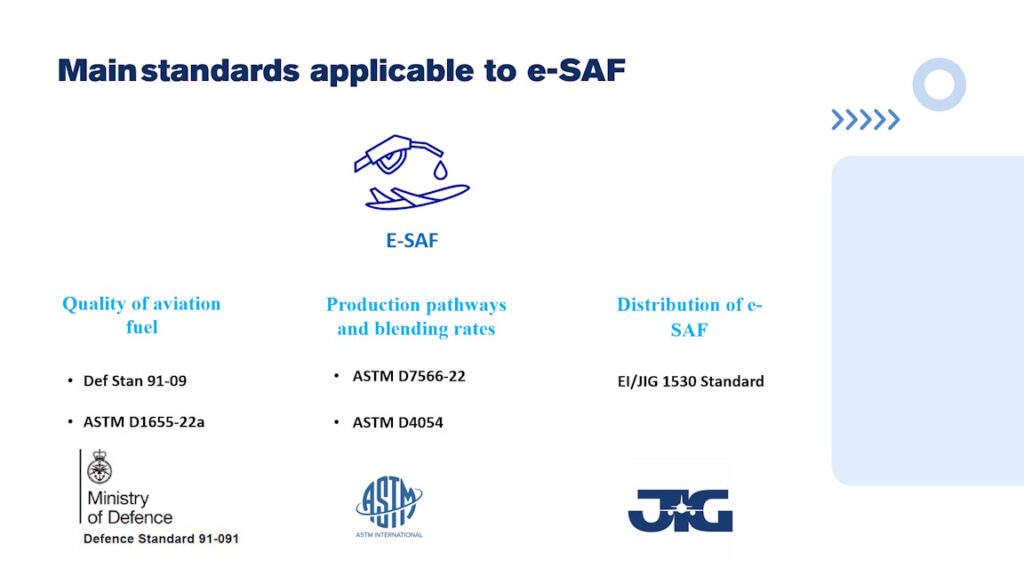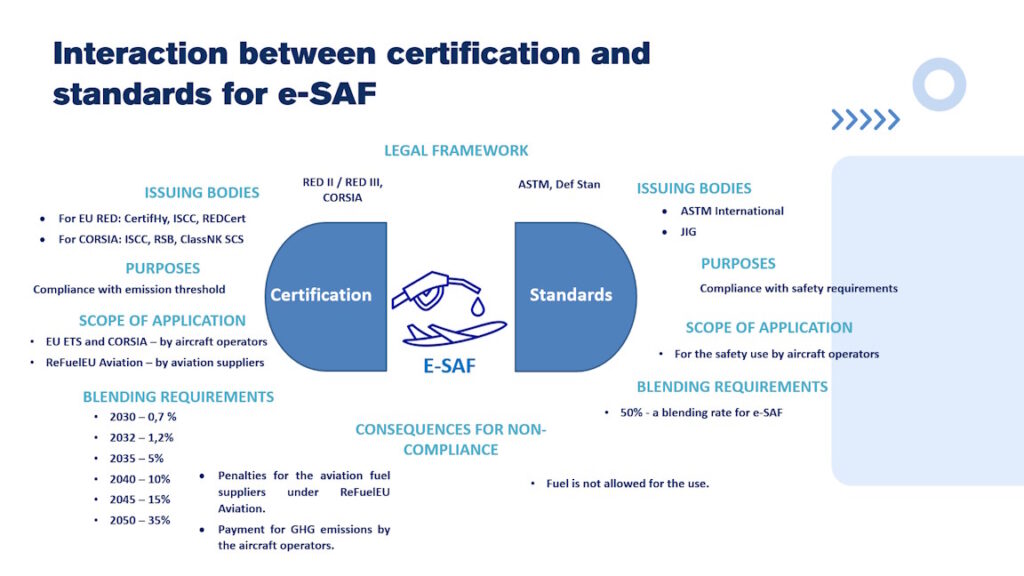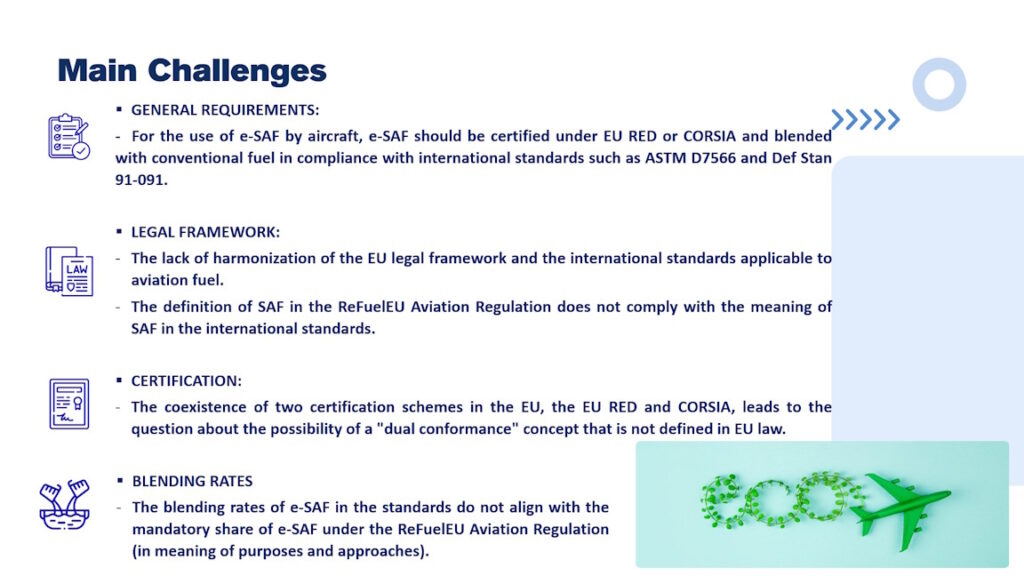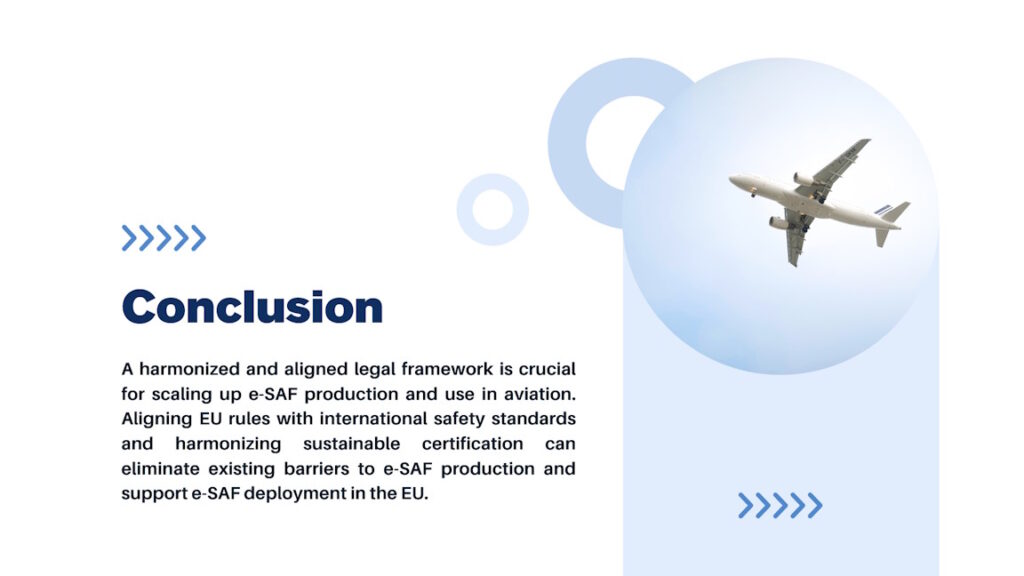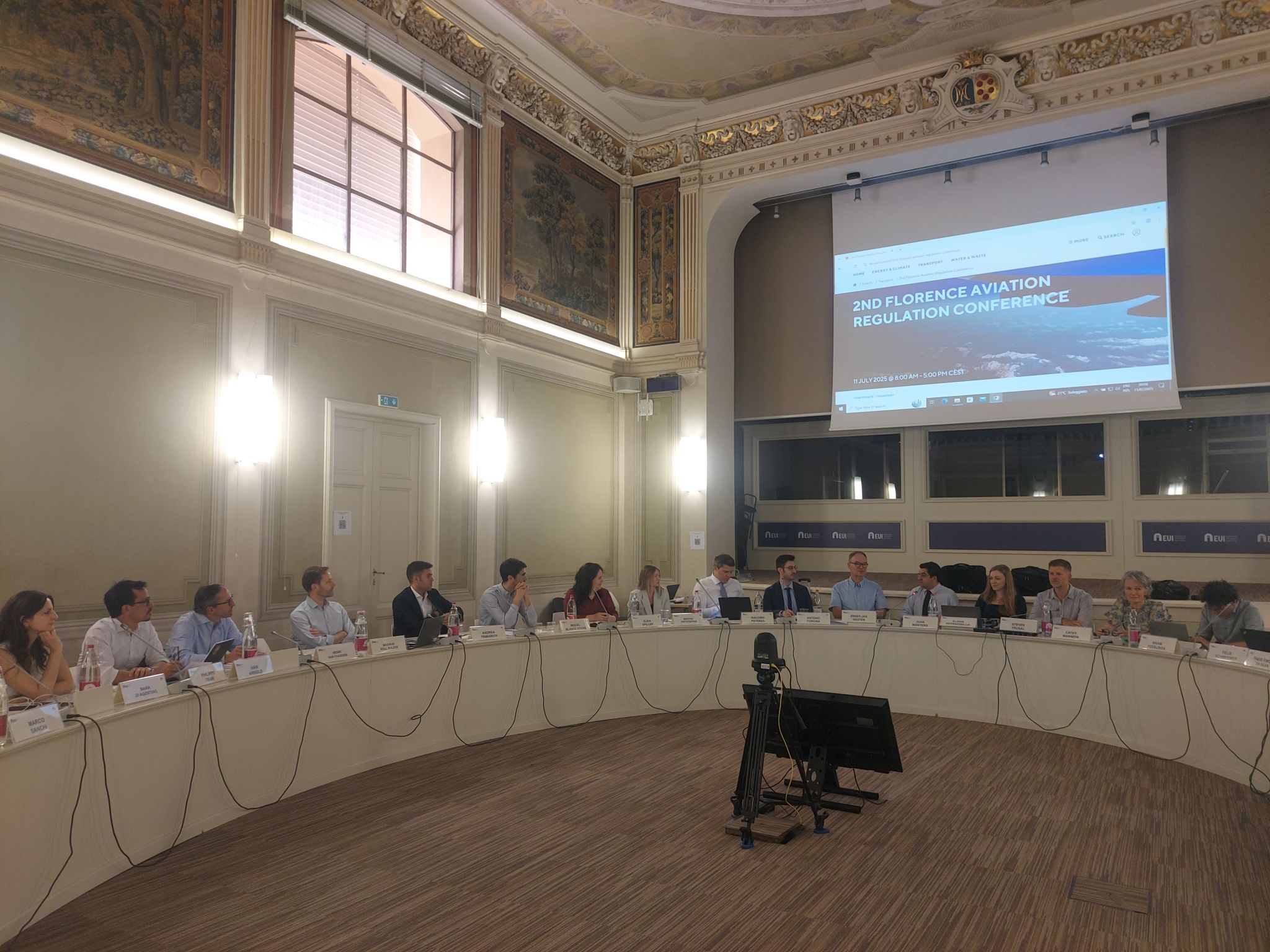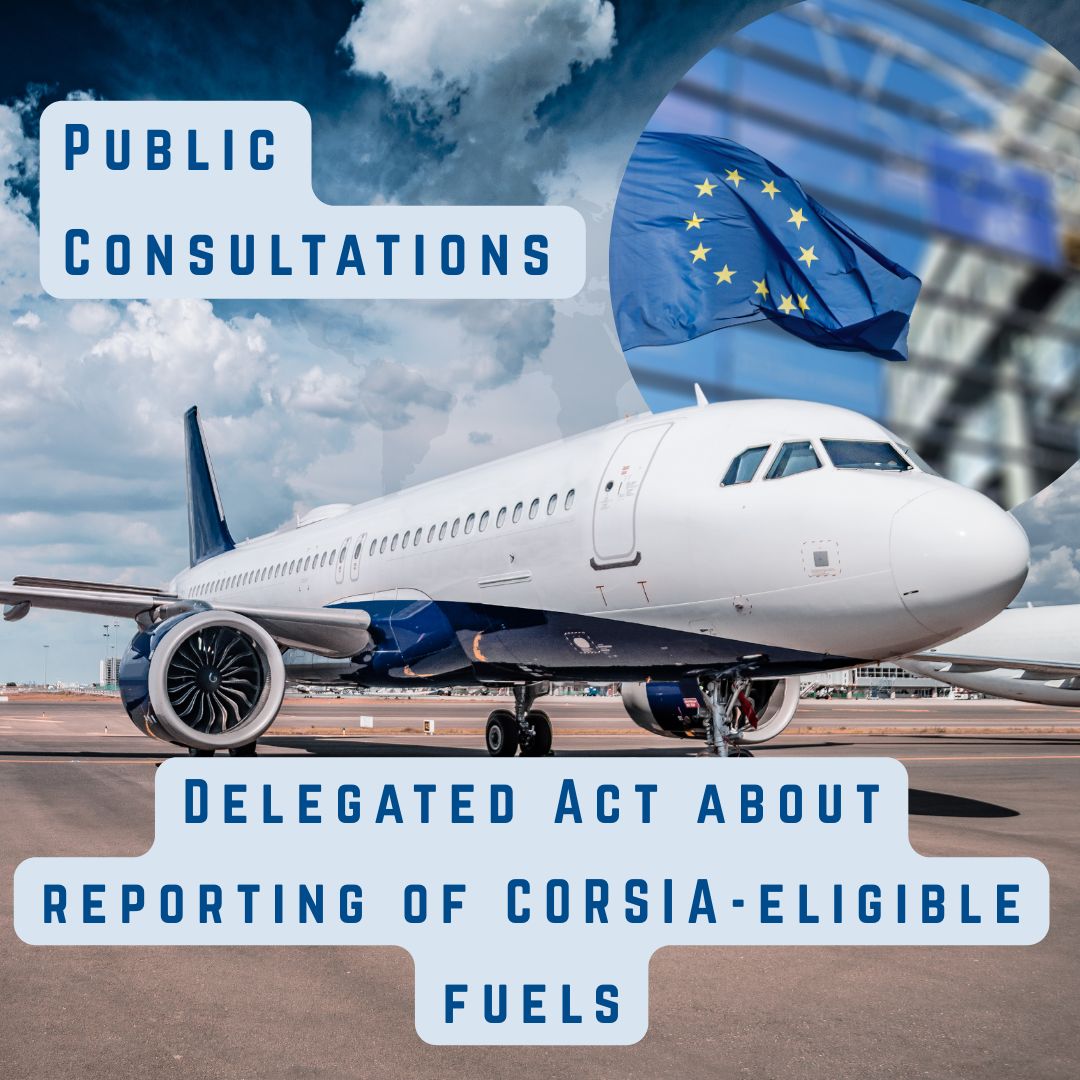The Origins of Power-to-X concept
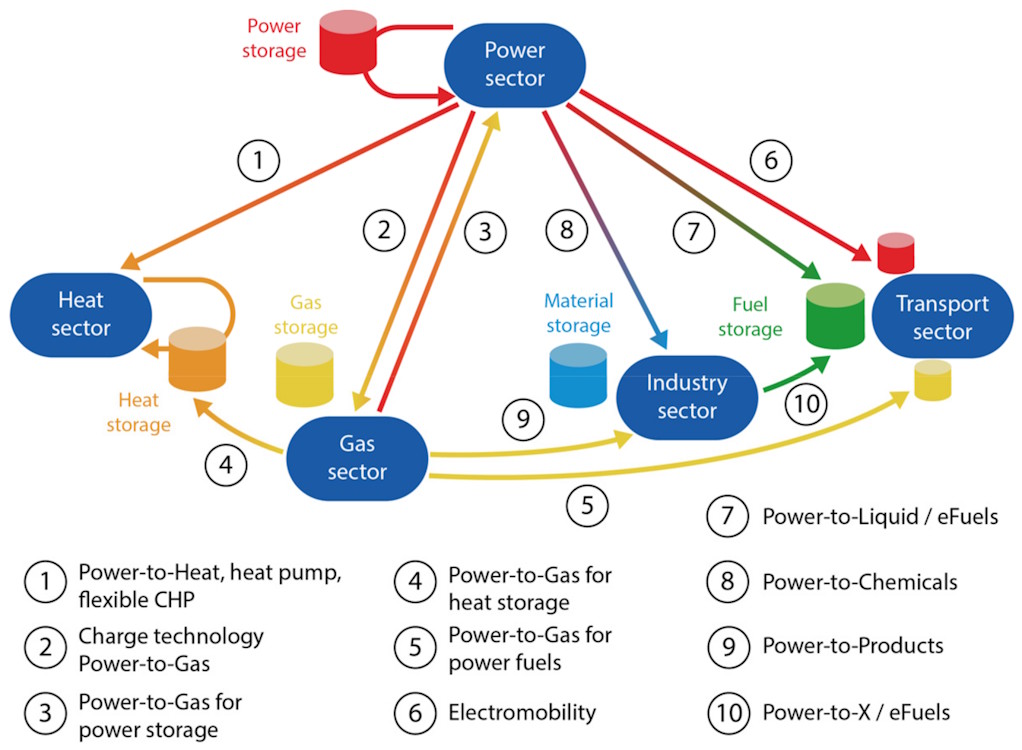
Figure: Sector coupling resulted from Power-to-Gas and Power-to-X
The term “Power-to-X” is now widely used in the energy sector. This concept is less than 20 years old.
The idea of producing fuels from renewable electricity emerged in Germany in the early 2010s. What began as Power-to-Gas (PtG) has since evolved into the broader Power-to-X (PtX) approach.
✅ Key milestones in its development:
📌 2008 – Integrated Energy System Concept:
- Coupled electricity and gas with CO₂ sinks;
- Introduced Power-to-Gas via electrolyzers producing green hydrogen.
📌 2008 – European Biomass Conference:
- Presented integrated electricity-gas-CO₂ systems;
- Proposed the Sabatier process for CO₂ methanation instead of the reformer for the better integrability of hydrogen in the natural gas grid.
📌 2009 – Breakthroughs:
- Patent application for PtG, first PhD thesis on the topic, and
- The PtG plant for CO2 methanation – SolarFuel GmbH.
📌 2013/14 – Shift to Power-to-X:
- The concept was expanded beyond gas to include fuels, chemicals, and heat — enabling decarbonization where direct electrification isn’t enough.
🎯 Main Purpose of PtX: To store renewable energy and decarbonize hard-to-electrify sectors through fuels, chemicals, and other energy carriers.

